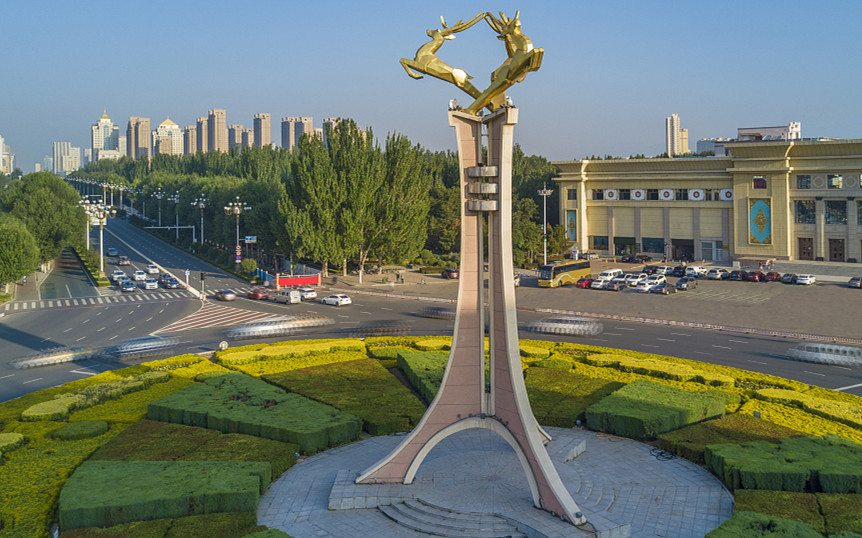
Wudangzhao Temple
2015-10-16
Situated on Jihuluntu Mountain 54 kilometers north of Baotou city, the Wudangzhao Temple is a state-level key relics protection unit and a 4A-level scenic spot. It is named "Wudangzhao" because it was built in the Wudang Gully of the Daqing Mountain.
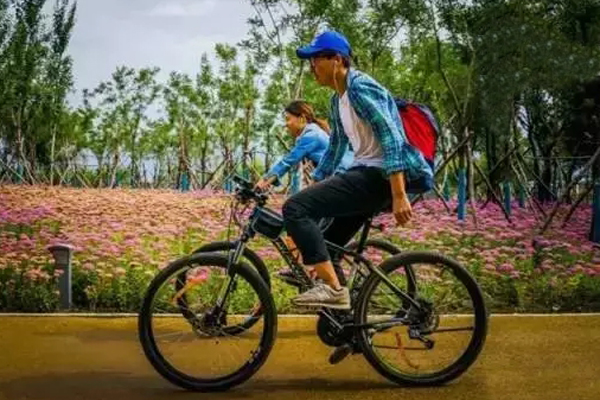
Baotou greenway tempts residents with eco-friendly lifestyle
2015-11-09
A 50-kilometer urban greenway was opened to the public in the city of Baotou in the Inner Mongolia autonomous region on Aug 29.

Baotou scalps top prize at China International Micro-Film Ceremony
2015-11-03
The 2014-2015 China International Micro-Film Ceremony kicked off in Chifeng city in North China’s Inner Mongolia autonomous region on Oct 30. Entering the ceremony for the first time, Baotou received two prizes, including one top prize.
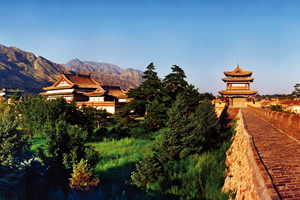
Meidai Monastery
2015-10-16
Meidai Monastery is a historical building built during the reign of Emperor Jiajing of the Ming Dynasty in1565. It has more than 250 ancient halls, including the Grand Hall and the Dalai Lama Temple, with an area of 62,500 square meters.
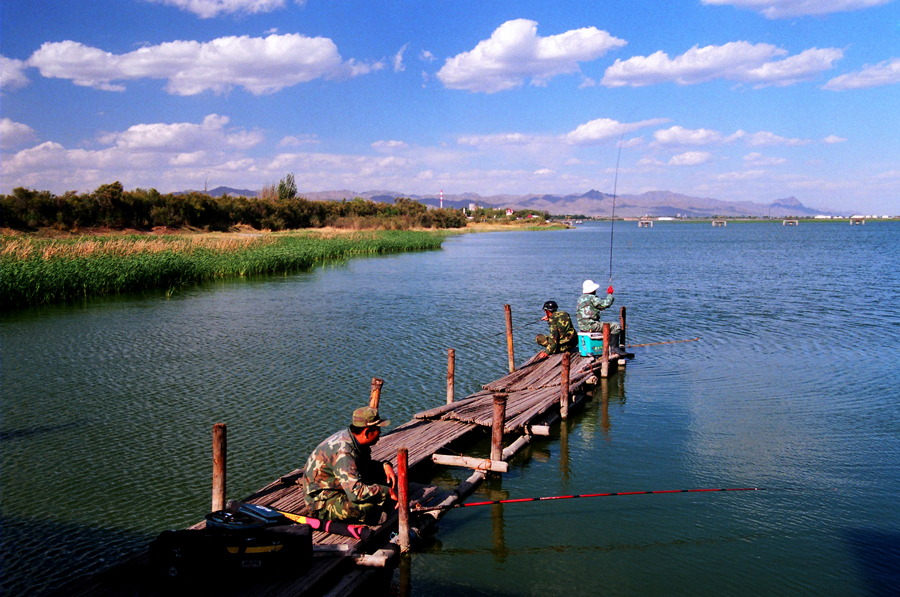
Nanhai Wetland Scenic Area
2015-10-16
Nanhai Wetland is a national 4A-level scenic area in the southern suburbs of Donghe district, Baotou, connecting with the Yellow River to the south.
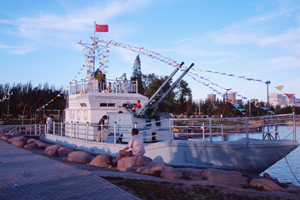
Northern Weaponry Park
2015-10-16
Northern Weaponry Park, situated in Baotou, is a national 4A-level cannon-themed park which integrates patriotism, national defense education, military culture and entertainment.

Shimen Scenic Spot
2015-10-16
Shimen Scenic Spot is located in the Kundulun reservoir, Baotou, with a construction area of 1,035 hectare, and a forest coverage rate of 64.7 percent. It is a national 3A-level scenic spot integrating ecological balance, recreation, conferences and science promotion.
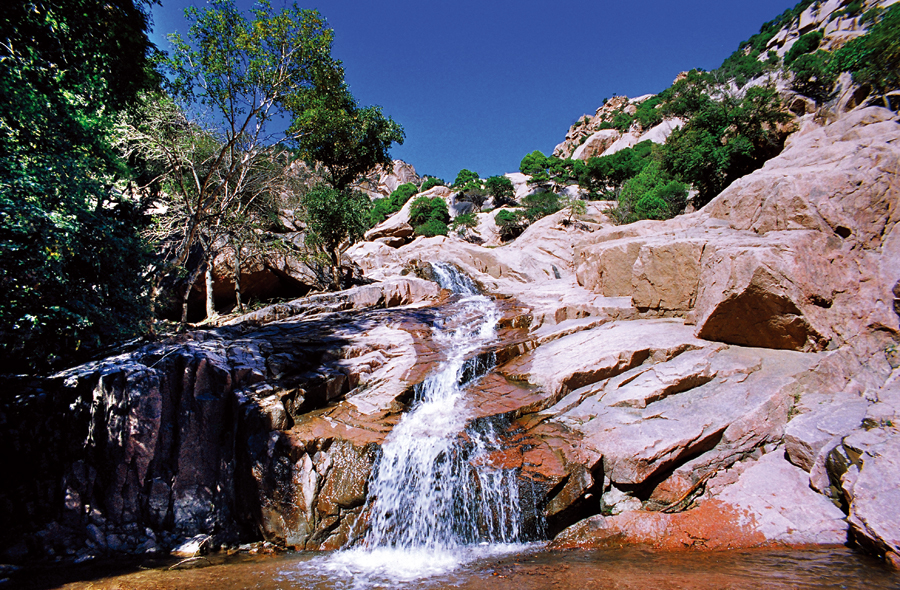
Meiligeng Scenic Spot
2015-10-16
Meiligeng Scenic Spot, which means “intelligent” in Mongol language, is a natural ecological spot in the southern part of Wula Mountain, 30 kilometers away from Baotou.

Xilamuren Grassland
2015-10-16
Situated in the southeast part of Damao Banner and about 90 kilometers north of Hohhot, Xilamuren Grassland is the first grassland tourist attraction opened in Hohhot.
Home > Specials





 Ice floats & swans in Baotou
Ice floats & swans in Baotou